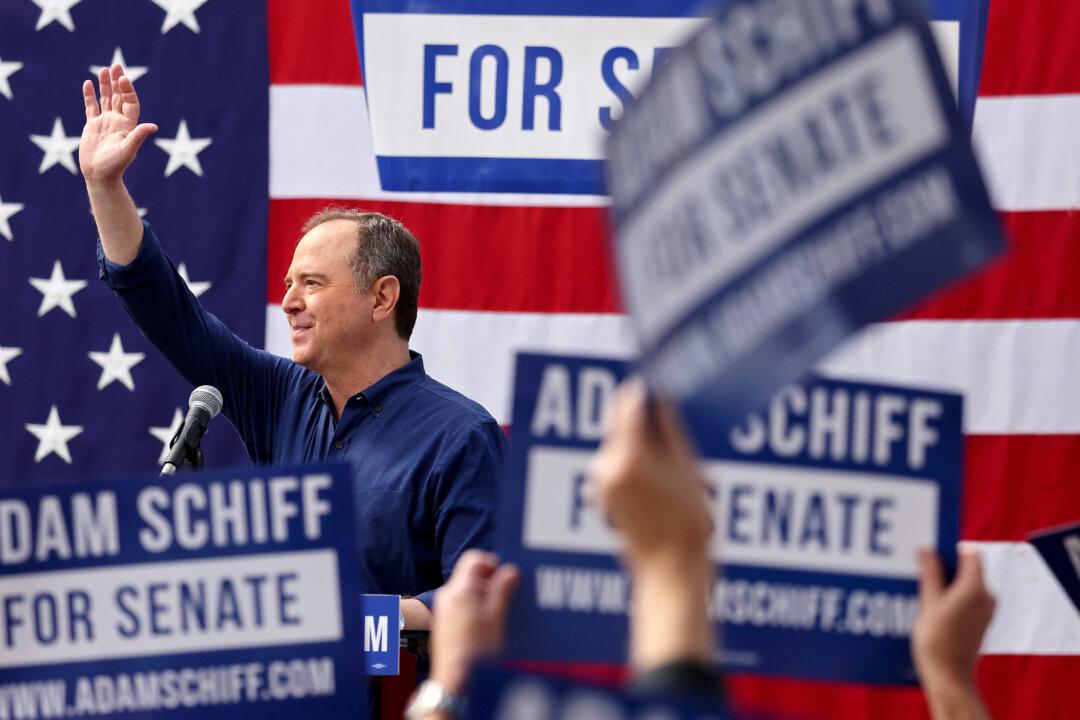Commentary
Each political campaign presents its own challenges. Aside from the actual issues, campaigns must forge strategies for victory.

Each political campaign presents its own challenges. Aside from the actual issues, campaigns must forge strategies for victory.